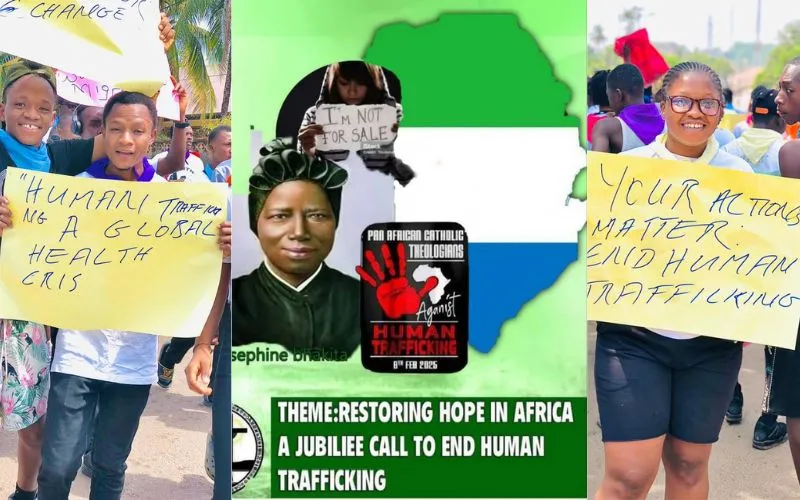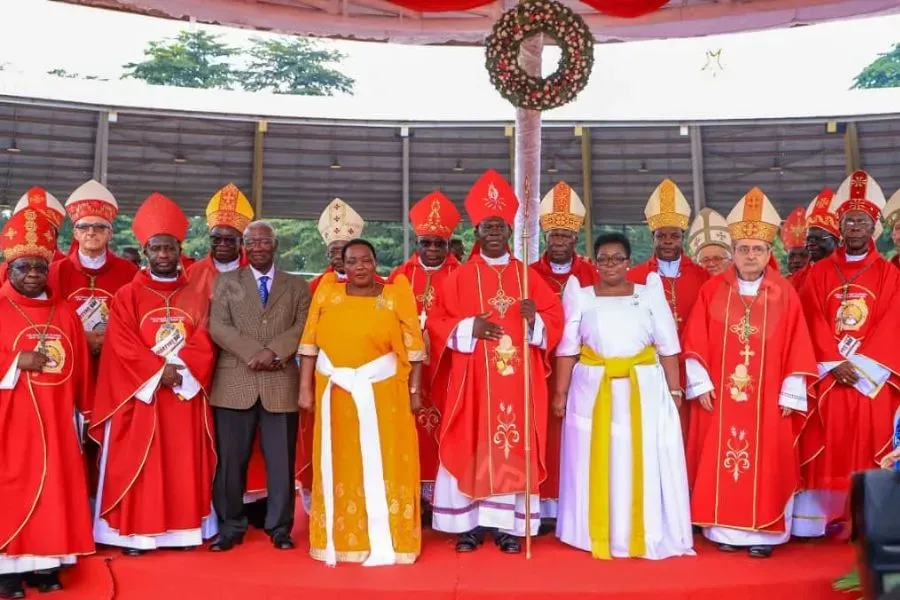The cry to end human trafficking is loudest in CDTY, which borders the Central African Republic (CAR) and the Democratic Republic of Congo (DRC). Instability rocks both countries and, according to Dapu, South Sudanese who end up in either of the two countries, hoping to land greener pastures, are conscripted into local militia. South Sudan is bordered by Sudan to the north, Ethiopia to the east, Kenya to the southeast, Uganda to the south, the DRC to the southwest, and the CAR to the west.
“Most South Sudanese who have been replaced are refugees in all the six countries bordering South Sudan,” Dapu told ACI Africa in an interview on January 29. He added, “In Kenya, there are South Sudanese in Kakuma camp. There are many South Sudanese in camps in Uganda, in the Democratic Republic of Congo, in the Central African Republic, and even in Chad and in Libya. South Sudanese are scattered all over the place.”
Other South Sudanese are internally displaced and are living in Protection of Civilian Camps (POCs), Dapu further said, and continued, “All these people are vulnerable to human trafficking.”
“A South Sudanese living as a refugee in another country doesn’t have access to basic necessities such as food and education. This way, they are easily lured by human trafficking agents who come to them offering them education, jobs, and better living standards,” he said.
According to Dapu, refugee camps are fertile ground for human traffickers. He shared with ACI Africa in the January 29 interview that many South Sudanese are stranded in Egypt, in Libya and far away in Lebanon, where they have been smuggled.
“The State where I am borders DRC and CAR. Rich Congolese who have established themselves in the mining sector come here and promise the people of gold riches. On getting to DRC, they realize that they were lied to and are instead conscripted into local militias,” Dapu said.
He further recounted, “Many South Sudanese are dying in the ongoing war in Goma because they went there thinking they would become rich, only to find themselves on the war front. The same is happening to South Sudanese who are lured to go to the CAR and find themselves fighting alongside local armed groups.”
With a vast majority of the South Sudanese uneducated, many in the country are also falling prey to traffickers who promise them of education opportunities abroad, only for them to end up as slaves away from home.
“In South Sudan, women and girls are the most uneducated. Beautiful girls are lured out of the country on the pretext that they are going to be taken to school, only to find themselves working in brothels in other countries,” Dapu says.
And with the ongoing civil war in Sudan, many South Sudanese girls who were taken to work in the embattled country as house girls, and young boys in factories, are now stranded there, Dapu says.








